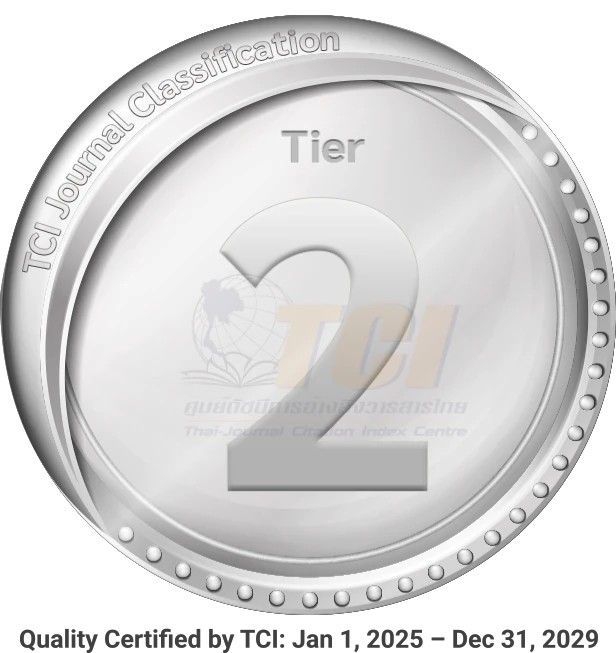Facebook as an Extension e-Classroom in Teacher Education Course
Abstract
The study was conducted to explore and describe the use of free social platform as a means of creating virtual teaching and learning space for college students. Using content analysis, it described the posts and interactions in the extension e-classroom (using Facebook Group Account) in the Social Dimensions of Education class involving the total enumeration of 30 students and one teacher in Bicol University College of Education during the second semester of
school year 2010-2011. Findings reveal that posts were varied but dominated by textual posts while the interactions were either teacher-student, student-student and student-teacher dominated by student-student interactions. The virtual discussion platform generally provided students opportunity to share information and give comments and reactions, and the teacher opportunity to provide additional instructional materials which evoked reflective learning. The class can be
considered as active participants in the extension e-classroom with half of it described either as having high or moderate extent of participation. The posts of the students are highly or moderately comprehensive, significant and relevant, and served as authentic evidence of students’ application of both computer and high order thinking skills. The proposed policy can serve as a guide for facilitating effective use of web tools like social network for instructional purposes, and for ensuring that ethical considerations are given premium, and may be considered as guide for policy formulation in the college or university.



